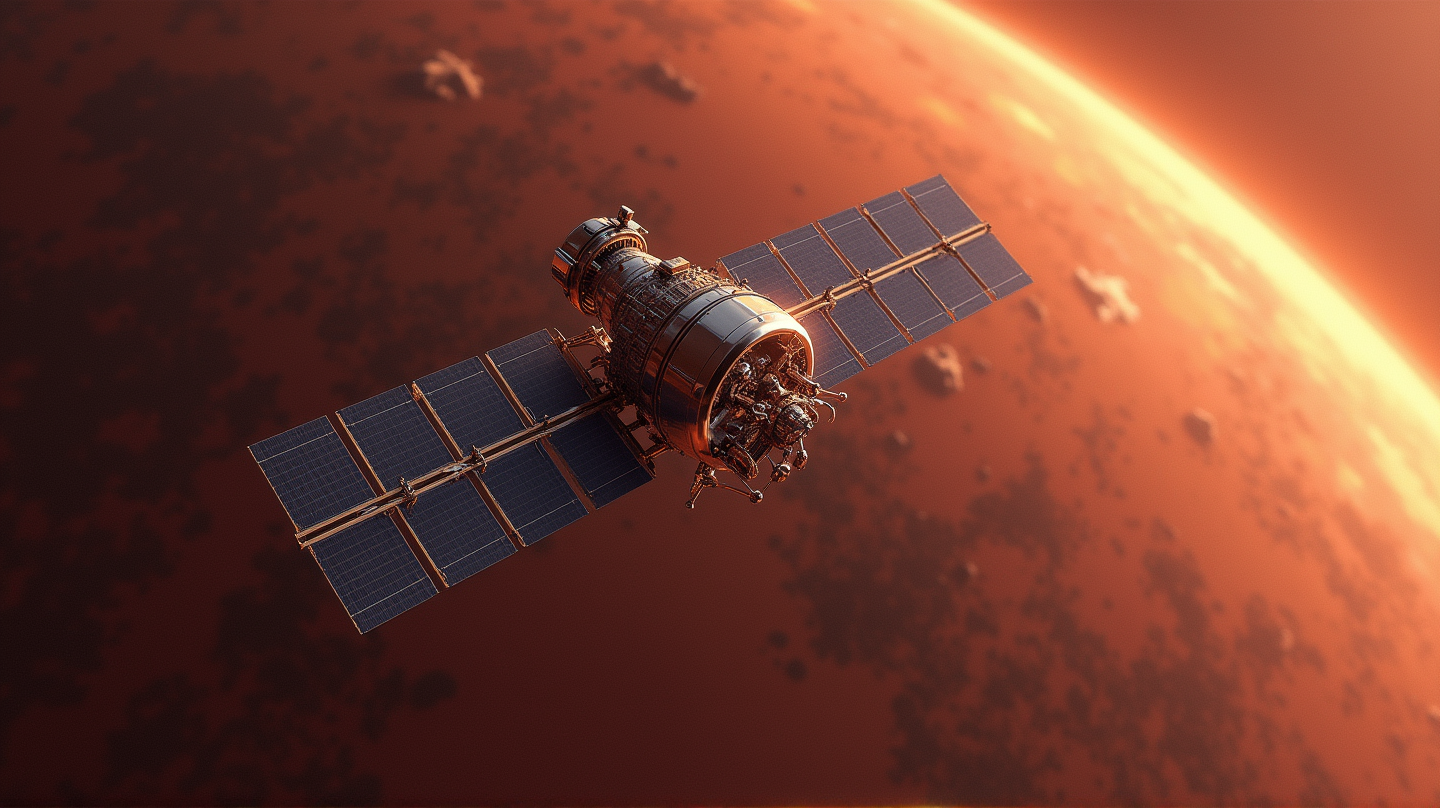Rocket Lab Reveals Ambitious Plans for Mars Communication Network
Rocket Lab is positioning itself at the forefront of Mars exploration with its Mars Telecommunications Orbiter plan. Discover what this means for interplanetary communication.

The space exploration landscape is brimming with excitement as Rocket Lab, the operator of the world’s second-busiest orbital rocket, sets its sights on a groundbreaking project—Mars Telecommunications Orbiter (MTO). As stated in NASASpaceFlight.com -, this ambitious endeavor is further supported by renewed interest from NASA and a significant financial impetus embedded within the U.S. President’s “Big Beautiful Bill,” allocating $700 million for the endeavor.
Visionary Voices from Rocket Lab
Rocket Lab’s charismatic founder, Sir Peter Beck, is leading the charge. His compelling assertions underscore the critical nature of reliable communication for Mars exploration. Beck posits, “Nothing happens without communications, great communications,” emphasizing that robust interplanetary internet is imperative before humanity can establish a presence on the Martian surface.
History and Resurrection of MTO
Originally conceived in the early 2000s, the MTO concept aimed to revolutionize data relay between Earth and Mars. Despite being shelved in 2005 to prioritize NASA’s Hubble and Mars rovers projects, the idea is making a strong comeback, buoyed by congressional support and a mid-decade target for launch in 2028—a testament to the project’s revived significance.
Innovative Approaches for Interplanetary Connectivity
Rocket Lab proposes a singular, elegant solution—a single satellite in areosynchronous orbit. This approach promises consistency by staying fixed over a strategic Martian location, sidestepping the logistical nightmares of multi-satellite constellations that require periodic replacement.
Overcoming Communication Bottlenecks
An innovative aspect of Rocket Lab’s plan is utilizing optical laser communications, thereby easing the burden on NASA’s oversubscribed Deep Space Network as opposed to traditional radio frequency links. Beck elucidates the efficiency of this method, advocating for maximum bandwidth and streamlined interactions between Earth and Mars.
A Proven History of Mars Exploration
Rocket Lab’s Mars credentials go beyond just concepts. Demonstrating their prowess, the company boasts significant Mars-bound hardware via acquisitions and projects. Their EscaPADE spacecraft, set to arrive at Mars later this year, is a testament to their enduring commitment to interplanetary exploration.
A Sustainable Vision for Mars Orbiting Infrastructure
In Rocket Lab’s visionary plan, sustainability takes center stage. The company’s high-orbit infrastructure is designed to endure for decades without replenishment, addressing the logistical challenges associated with continuous low-orbit maintenance.
Bridging Passion and Professional Ambitions
Beck’s passion for planetary science infuses Rocket Lab’s initiatives with a sense of purpose. His interest in the elusive question of life outside Earth aligns with the company’s technological capabilities, encouraging further exploration and scientific discovery on Mars.
In conclusion, Rocket Lab’s plans for the Mars Telecommunications Orbiter represent a significant leap forward, intertwining innovation, sustainability, and scientific curiosity, potentially redefining our approach to extraterrestrial communication networks in the coming decade.

